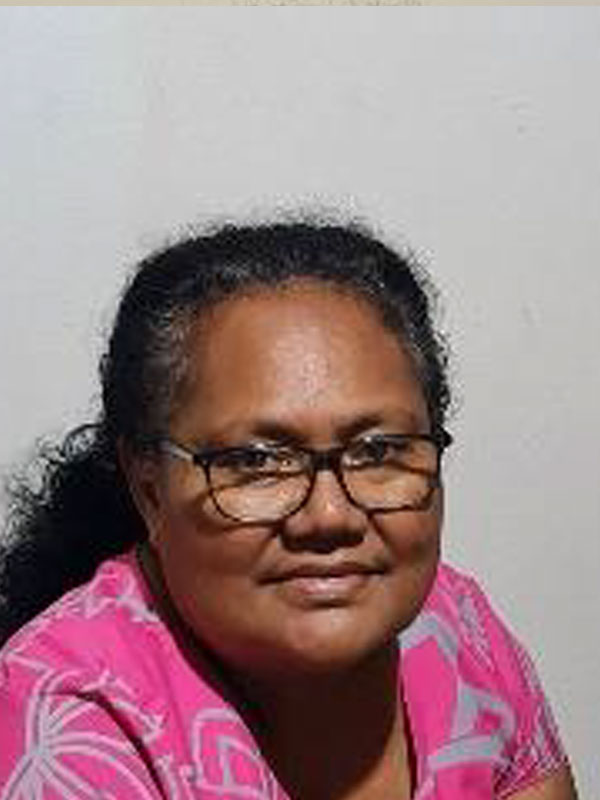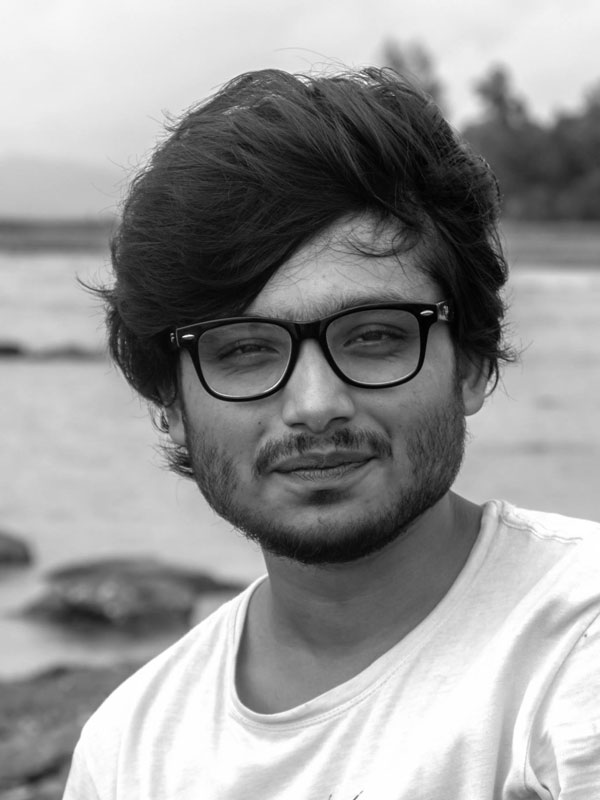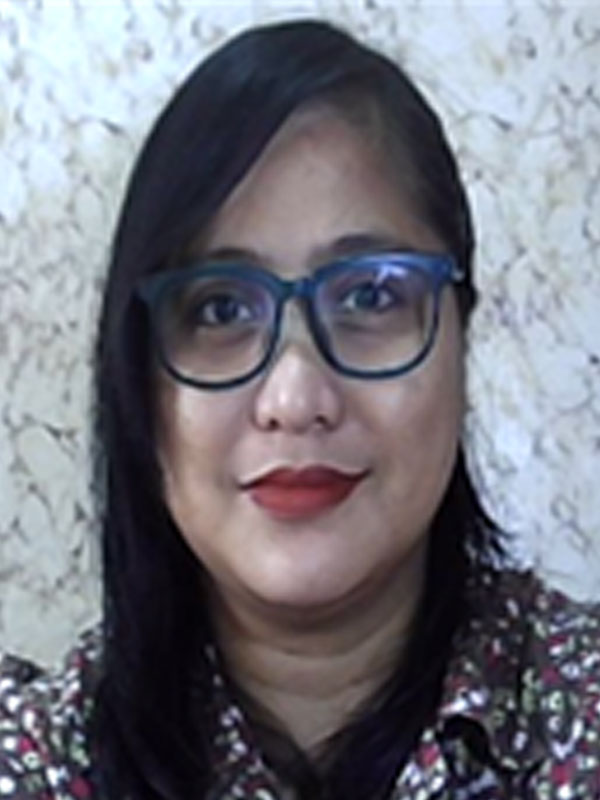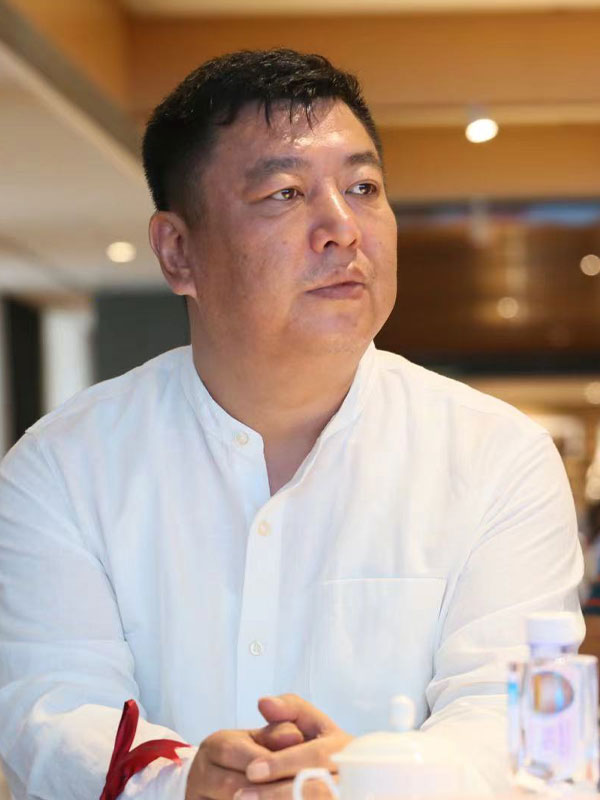2021 Expert Meeting for Building Network on Maritime ICH
Maritime Living Heritage:
Coastal Communities in the Asia-Pacific Region and Their Traditional Food System
SESSION DESCRIPTION
The webinar is divided into two sessions, in which scholars, relevant NGOs, and practitioners of maritime ICH are invited to present cases and studies on maritime ICH in the region, as well as relevant safeguarding activities.
Session 1. Coastal Communities and Their Traditional Food System: Ecocultural Approach
The first session of the expert meeting intends to cover issues emanating from the ways in which the ecological environment of a community conditions food production and consumption, and how this human-and-nature relationship shapes a dynamic cultural infrastructure that renders maritime tradition a developing site of knowledge. Human adaptations to ecological transformations brought either by climate change or industrialization have implications not only on how coastal communities protect natural sources of food and livelihood, but also on their existing methods of food preparation and cultivation. Particularly in the area of integrating the use of machines in traditional processes of food-making, this session is interested in efforts to continue or revive the use of more traditional strategies to procure food from marine resources. This session certainly has an eye on questions of food security in coastal area, a disaster-prone world, alternative food sustainability, and measures for environmental healing at the community, national, and regional levels. Moreover, as this session generally perceives traditional food ways of people who are dependent on bodies of water as a living system, there is a need to discuss how such a living system, specifically in light of traditional heritage, is safeguarded in ways that positively impact the very waters that meet human demands for food. This session also looks into how traditional food system might structurally contribute to poverty alleviation and our global drive to end hunger.
PROGRAM SCHEDULE
| KST | FJT | Opening |
|---|---|---|
| 10:00-10:05 | 13:00-13:05 | Opening/Introduction |
| 10:05-10:10 | 13:05-13:10 | Opening Remarks – KEUM, Gi Hyung, Director-General, ICHCAP |
| 10:10-10:15 | 13:10-13:15 | Congrauratory Remarks – Nisha, Director, UNESCO Apia Office – Athena Trakadas, Co-chair, Ocean Decade Heritage Network |
| 10:15-10:25 | 13:15-13:25 | Keynote Speech – Miles Young, Director, the Human Rights and Social Development Division at the Pacific Community (SPC) |





